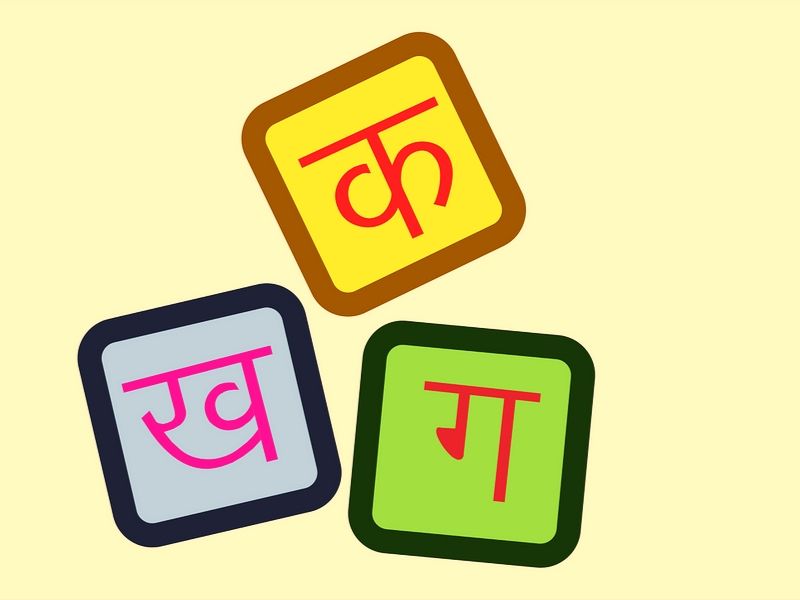Haryana minister wants education department work done in Hindi
Haryana education minister Mahipal Dhanda has sparked political and public debate by advocating for the exclusive use of Hindi in his department’s official work, calling it the “national language” and asserting that most of the state’s population is disconnected from English.
Speaking at an event in Kurukshetra marking prime minister Narendra Modi’s 11 years in office, Dhanda told reporters, “Hindi is our national language. Why should we work in English? I don’t know English, though I can understand it somewhat. In our state, 90 per cent of the people are far removed from English.”
India, however, does not have a national language. Hindi is one of the 22 officially recognised languages, and both Hindi and English serve as official languages for Union government purposes.
Dhanda maintained that using English in official correspondence creates a communication gap. “We cannot do injustice to 90–95 per cent people for 5–7 per cent people. My department will do all its work in Hindi so that everyone understands what is written,” he said. The minister later posted in Hindi on X, “Hindi is our mother tongue and also our identity… It will be my endeavour that Hindi gets respect and priority in every field and Hindi is implemented everywhere.”
The remarks have drawn criticism and caution from the opposition. Senior congress leader Randeep Singh Surjewala agreed that Hindi is a matter of pride, but warned against sidelining English.
“As the education minister of Haryana, his statement that our youth do not need to learn English is not correct,” Surjewala wrote in Hindi on X. “This way, we will deprive them of opportunities to progress in the world.”
He stressed that English is a vital “link language” globally and particularly in southern India. “English opens doors to employment, science, and technology. Knowing English is essential in cities like Gurugram, where call centres and tech companies require it,” he added.
Surjewala highlighted that over a million people from Delhi and other parts of India work in Gurugram, primarily because of the English-language skills required in IT and corporate sectors. “Our youth are talented, and fluency in English will only help them find better jobs in their own state,” he said.
In a broader context, Surjewala warned that in the age of artificial intelligence, robotics, and innovation, English remains a critical tool. “We must train our youth in both Hindi and English to prepare them for the future,” he said.
The debate reflects ongoing tensions in India over the role of English and regional languages in education, employment, and governance, especially in a linguistically diverse society where language often intersects with identity and opportunity.
Also Read: Haryana human rights panel backs transgender educator’s bid to get school recognised
















Add comment